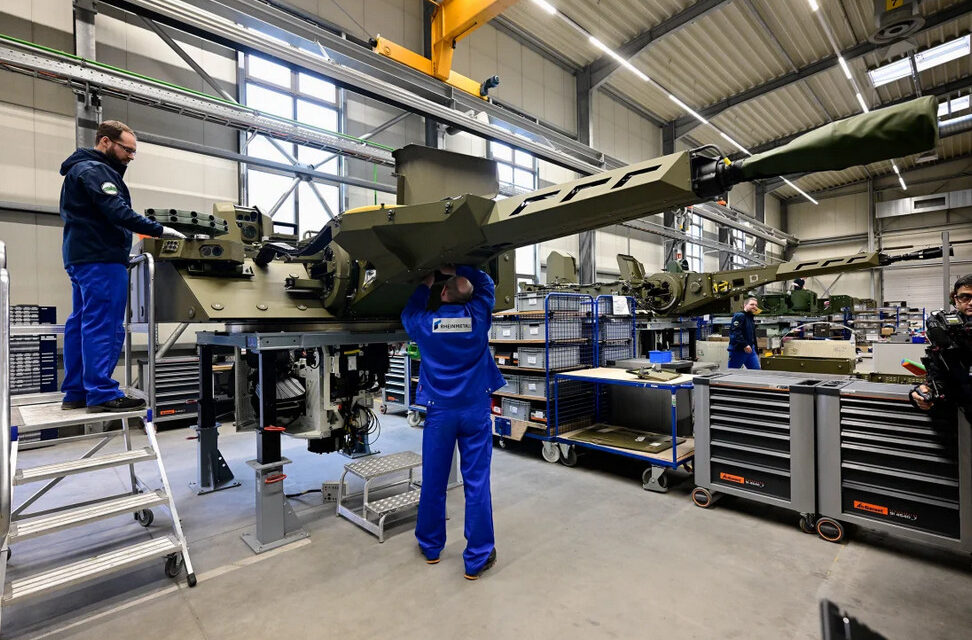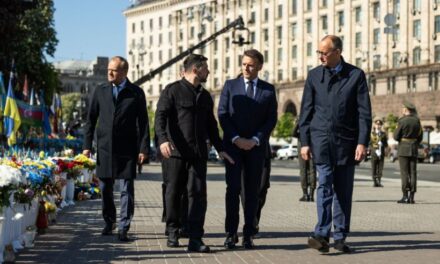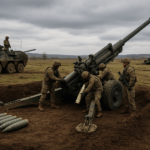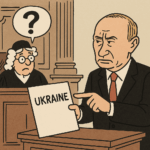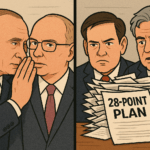In a significant revelation, U.S. intelligence has uncovered a Russian plot aimed at assassinating Armin Papperger, the CEO of Rheinmetall, a major German arms manufacturer supplying military equipment to Ukraine. This scheme is one part of a broader Russian initiative targeting defense industry executives throughout Europe who are aiding Ukraine in its conflict with Russia.
Sources familiar with the matter stated that the plan against Papperger was especially advanced compared to other assassination attempts. After becoming aware of this threat, U.S. officials notified German intelligence, which enabled them to take protective measures to safeguard Papperger’s life. Germany later confirmed that it had been informed of the potential risk.
This incident highlights a disturbing trend of Russian state-sponsored actions to undermine European support for Ukraine. Over the past six months, Russia has allegedly executed a series of sabotage operations across Europe, often using local individuals to carry out acts ranging from vandalism to arson targeting facilities associated with arms shipments for Ukraine. These operations aim to disrupt weapons supply lines and diminish public backing for Ukraine’s defense efforts.
Armin Papperger’s prominence in the defense sector, particularly his leadership at Rheinmetall—which is instrumental in producing the essential 155mm artillery shells for Ukraine—makes him a notable target for such efforts. Furthermore, Rheinmetall’s plans to establish an armored vehicle manufacturing facility in Ukraine in the near future have been perceived as a direct threat to Russian interests.
The increasing frequency of these sabotage plots has raised alarms within NATO. Senior officials have emphasized the risk that these actions could escalate into broader conflicts, especially given the grave human costs associated with sabotage and assassination attempts.
The National Security Council has not publicly acknowledged the specifics of the Russian assassination plan; however, it affirmed that the U.S. is attentive to the growing subversive activities emanating from Russia and is committed to collaborating with NATO allies to thwart them. German officials have echoed these sentiments, with Foreign Minister Annalena Baerbock highlighting the need for Europe to be vigilant and prepared against the hybrid threats emerging from Russia.
As part of this apprehensive climate, NATO is exploring enhanced intelligence-sharing mechanisms among its members to better monitor suspicious activities that may indicate Russian sabotage. Despite concerns, some current actions attributed to Russia’s sabotage efforts appear amateurish and disconnected from the conflict in Ukraine, raising questions about their effectiveness and objectives.
Recent intelligence has suggested that Russian operatives may also be targeting U.S. military installations in Europe, prompting heightened security measures in response to fears of potential attacks. Arrests have been made in several European countries linked to suspected Russian sabotage plans, further revealing the reach and ambition of Russia’s covert operations.
Overall, the unfolding details of these plots emphasize the lengths to which Russia may go to destabilize support for Ukraine and assert its influence across Europe during a critical period marked by geopolitical tensions and military engagements.
Read more at CNN

